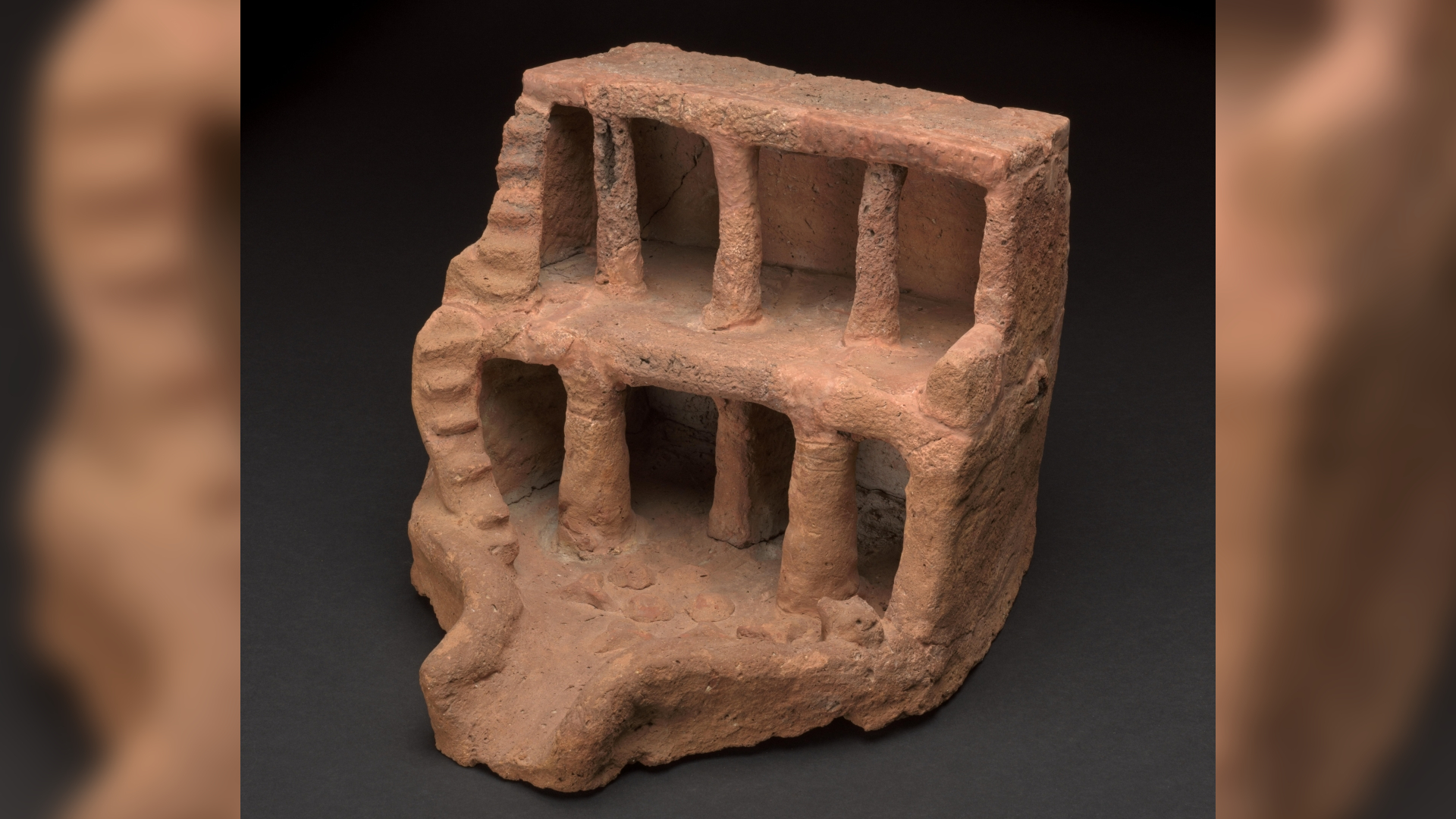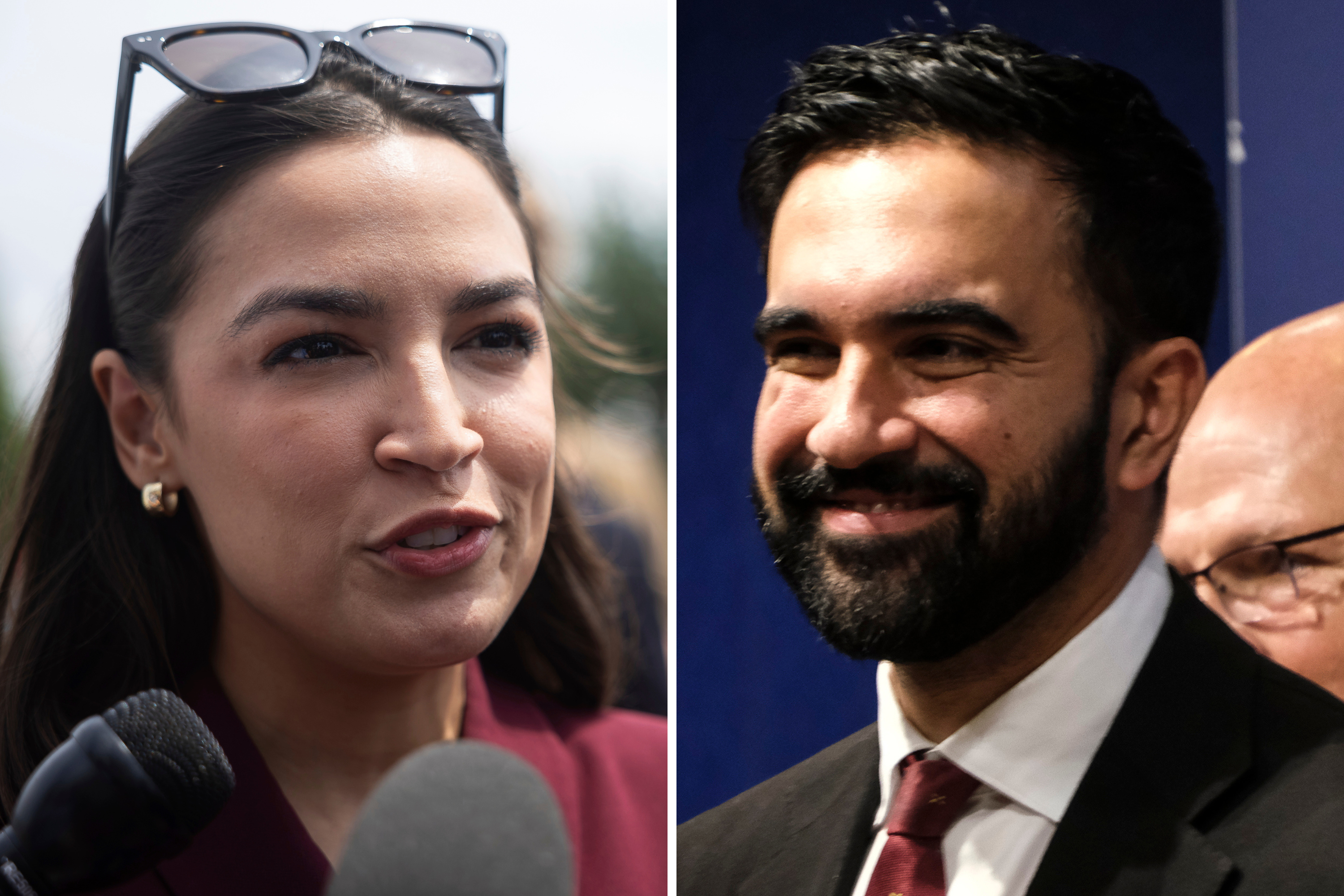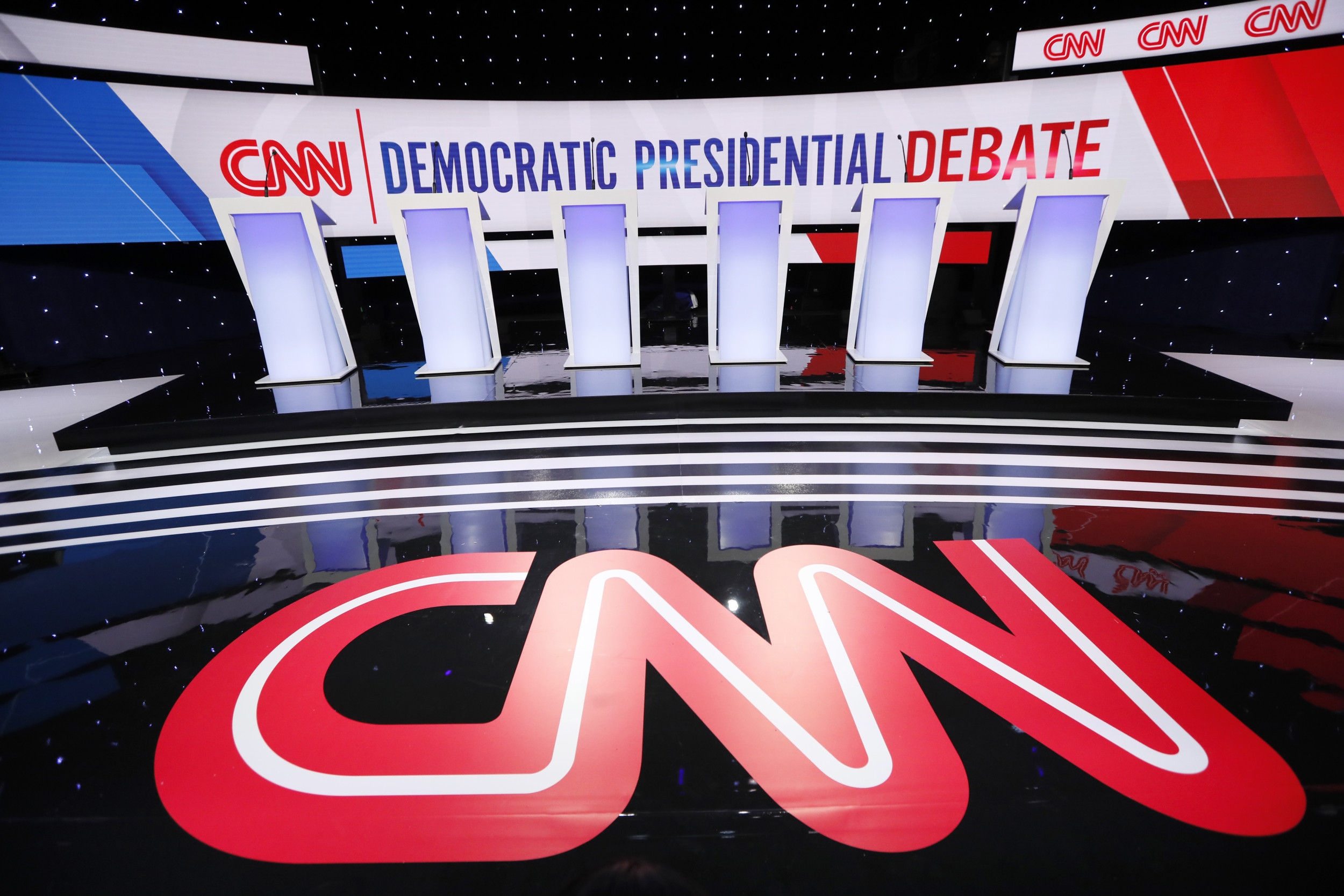Two progressives—Representative Alexandria Ocasio-Cortez and New York Assemblymember Zohran Mamdani—are emerging as notable contenders for the 2028 Democratic presidential nomination, according to new polling data from AtlasIntel.
However, the results show a fractured field with no clear front-runner.
Why It Matters
Following election losses across the board in 2024, the Democratic Party has seen infighting. As it struggles to unify around a clear successor at the top, there have been calls to rally behind a new generation of leadership.
What To Know
The survey, conducted between July 13 and 18 among Democratic-identifying voters, shows former Transportation Secretary Pete Buttigieg leading with 26.7 percent, while Ocasio-Cortez trails in second with 18.5 percent—a strong performance for a candidate who has never held statewide office.
The New York congresswoman’s numbers outpace traditional power players such as California Governor Gavin Newsom—who polled at 15.8 percent—and former Vice President Kamala Harris, who polled at 14.5 percent.
A second-place finish in a crowded field dominated by governors and former presidential candidates signals that Ocasio-Cortez would be a top-tier contender should she officially launch a campaign.
While she has not formally announced a presidential bid for 2028, a number of recent moves and statements have raised eyebrows about what she has in store for her political future.
The progressive representative has been actively engaging in national politics, most notably through her “Fighting Oligarchy” tour alongside independent Senator Bernie Sanders of Vermont, which has drawn large crowds and widespread attention.
She has also released a campaign-style video featuring the slogan “We are one,” further fueling speculation that a presidential run may be on the horizon.
When questioned about a possible 2028 candidacy, Ocasio-Cortez did not offer a definitive answer. Instead, she highlighted her focus on defending Medicaid and civil liberties, telling Fox News: “This moment isn’t about campaigns or elections or about politics. It’s about making sure people are protected.”
Still, her growing national profile has caught the attention of political analysts. In April, pollster Nate Silver, who publishes the Silver Bulletin, named Ocasio-Cortez the most likely Democrat to lead the party’s 2028 presidential ticket, citing her strong grassroots support and cross-generational appeal.
The same poll also showed fellow progressive Mamdani—who is running for mayor of New York City—emerging as a potential 2028 contender. Mamdani polls at 4 percent, placing him in the middle of the pack and tying with Senator Cory Booker of New Jersey, who registered 4.1 percent. Mamdani’s support likely overlaps with Ocasio-Cortez’s base, raising the possibility of a split progressive vote if both enter the race.
Mamdani has already built up significant momentum during his bid for the Democratic nomination for New York Mayor against former Governor Andrew Cuomo. However, the New York state assembly member is unlikely to launch a bid for the presidency.
While he is a naturalized U.S. citizen, he was born in Uganda, meaning he does not meet the “natural-born citizen” requirement outlined in the Constitution.
AP
Nonetheless, support for Mamdani in the poll signals enthusiasm for a more radical alternative to the Democratic establishment.
Elsewhere in the Democratic field, Minnesota Governor Tim Walz, who secured the party’s vice presidential nomination in the 2024 election, had 8.7 percent support—outperforming several other prominent figures.
Booker and Mamdani tied at 4 percent, both ahead of Pennsylvania Governor Josh Shapiro, who had 3.2 percent. Others—such as Michigan Governor Gretchen Whitmer (1.4 percent), Senator Raphael Warnock of Georgia (0.5 percent) and former Chicago Mayor Rahm Emanuel (0.3 percent)—remained at the bottom of the field.
The results paint a picture of a highly fragmented Democratic primary, with no single figure consolidating majority support and multiple ideological factions vying for influence.
On the Republican side, the race appears far less competitive—at least for now. Vice President JD Vance holds a commanding lead in the GOP primary field, with 57.9 percent support among Republican-identifying voters.
His lead dwarfs that of his closest rival, Florida Governor Ron DeSantis, who sits at 13.2 percent. Secretary of State Marco Rubio followed with 9.7 percent, while 7.6 percent of respondents said they would vote for “none of the above.”
Donald Trump Jr., a potential heir to the Trump political legacy, garnered 4.6 percent, placing him well behind the top tier. Other potential contenders include Senator Tim Scott of South Carolina (2.6 percent), 2024 presidential candidate Vivek Ramaswamy (1.8 percent), Secretary of Homeland Security Kristi Noem (1.4 percent), Texas Governor Greg Abbott (0.9 percent), Georgia Governor Brian Kemp (0.2 percent) and Senator Tom Cotton of Arkansas (0.2 percent).
What Happens Next
The 2028 Democratic primary is likely to be a crowded field. In 2020, the last time Democrats had an open primary, more than a dozen candidates launched White House bids.















